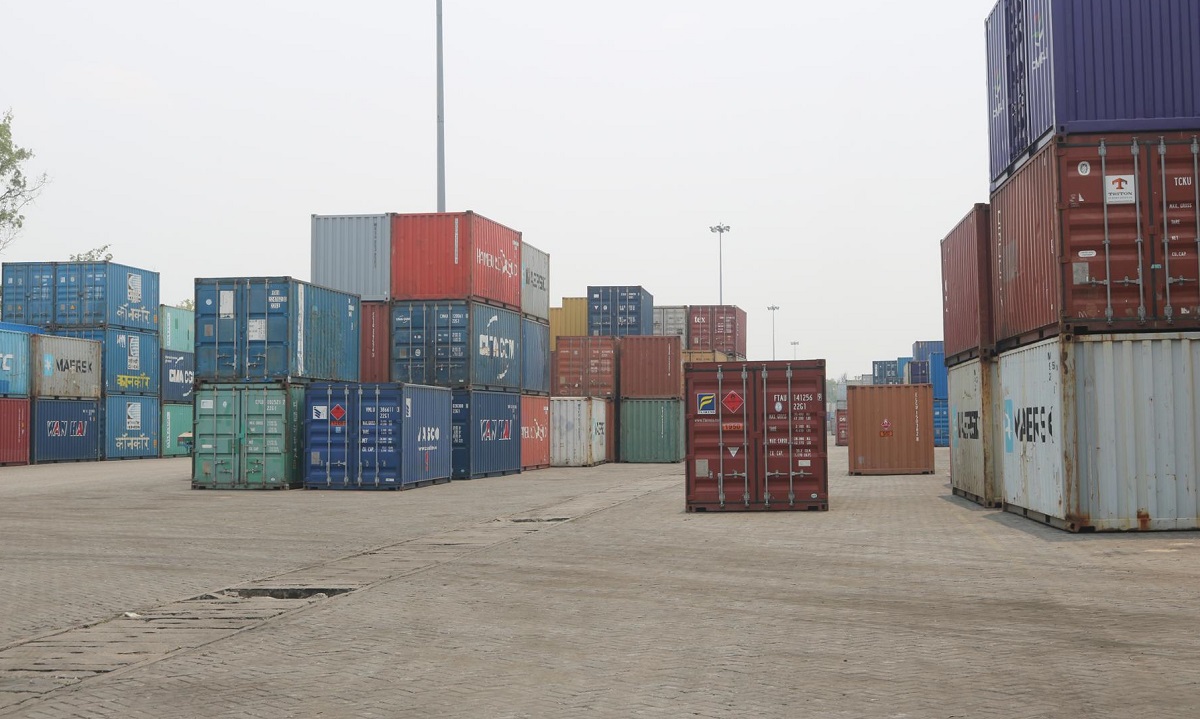KATHMANDU: Despite the heavy rains, floods, and landslides affecting major highways across the country, the customs checkpoints at Birgunj, one of Nepal’s key trade routes, continue to operate without disruption.
The two primary customs offices, the Integrated Checkpoint under the Birgunj Customs Office and the Dry Port Customs Office at Sirsia, are handling almost half of Nepal’s total imports.
Despite challenges caused by floods, customs clearance processes have remained operational at both locations.
Deepak Lamichhane, Chief Customs Administrator of the Birgunj Customs Office, confirmed that while roads have been blocked by floods and landslides, customs clearance has not been interrupted.
“Despite the highway obstructions, businesses are proceeding with customs inspections and clearances,” said Lamichhane, adding that no complaints have been lodged about goods failing to reach their destinations due to road blockages.
Lamichhane noted that cargo vehicles heading to Chitwan and Hetauda are running regularly, avoiding major disruptions.
Birgunj is crucial for the import of around 60 percent of Nepal’s petroleum products and vehicles.
By the end of September, the Birgunj Customs Office had achieved 74.47 percent of its revenue target for the current financial year, collecting Rs 32.54 billion out of the Rs 43.7 billion goal.
Similarly, operations at the Dry Port Customs Office have remained unaffected by the floods.
Dhan Bahadur Baruwal, Chief Customs Officer of the Dry Port, stated that despite incessant rains, customs inspections are being conducted regularly.
“Traders are rushing to clear goods as it is a festive season,” Baruwal said, noting that revenue collection surged on Tuesday due to a higher volume of customs clearances.
Baruwal noted that the customs office is approaching its revenue targets, having already collected 48 percent of the monthly goal for Ashwin (mid-September to mid-October) within the first 15 days.
“The import of foreign liquor has played a significant role in boosting revenue collection this year,” he said.
On average, the Dry Port aims to collect Rs 150 million in daily revenue but has been collecting around Rs 110 to 120 million.
In the previous fiscal year, goods worth a total of Rs 15.92 trillion were imported, with Birgunj Customs contributing 34.30 percent of total imports, amounting to Rs 5.45 trillion.
The Dry Port accounted for 12.78 percent, or Rs 2.03 trillion, of the total imports.
Together, the two customs offices in Birgunj are responsible for 47.08 percent of Nepal’s total imports, underscoring the critical role they play in the country’s trade network.









Comment